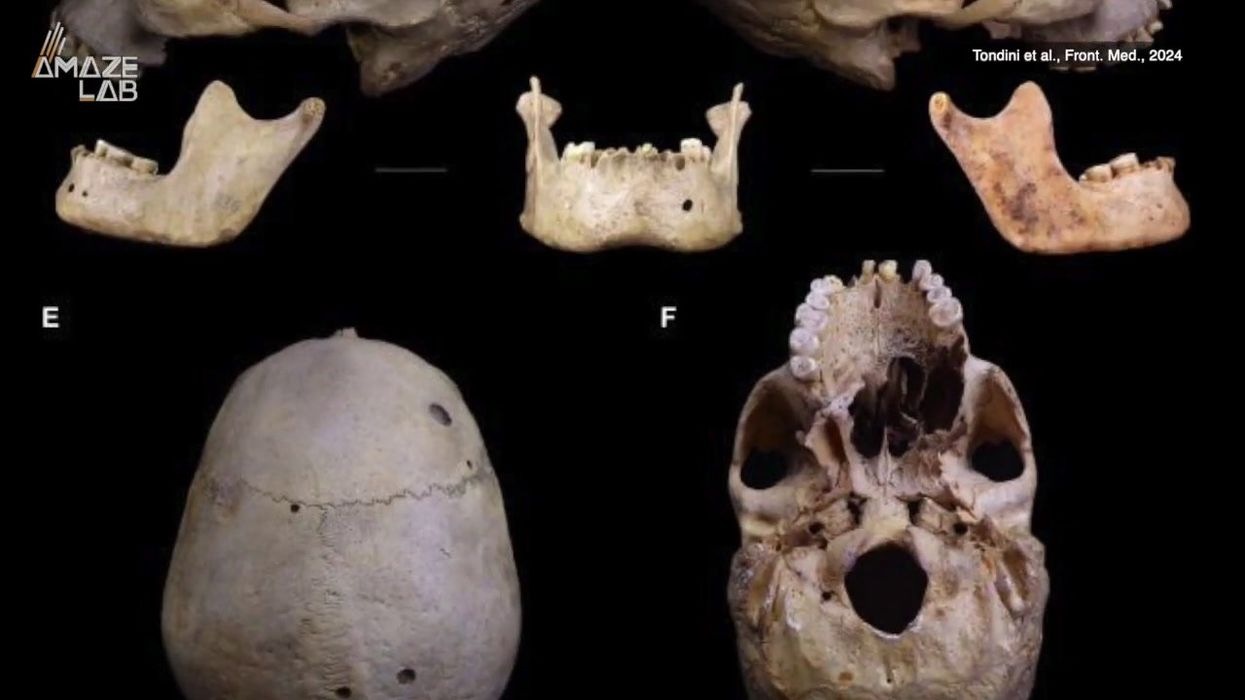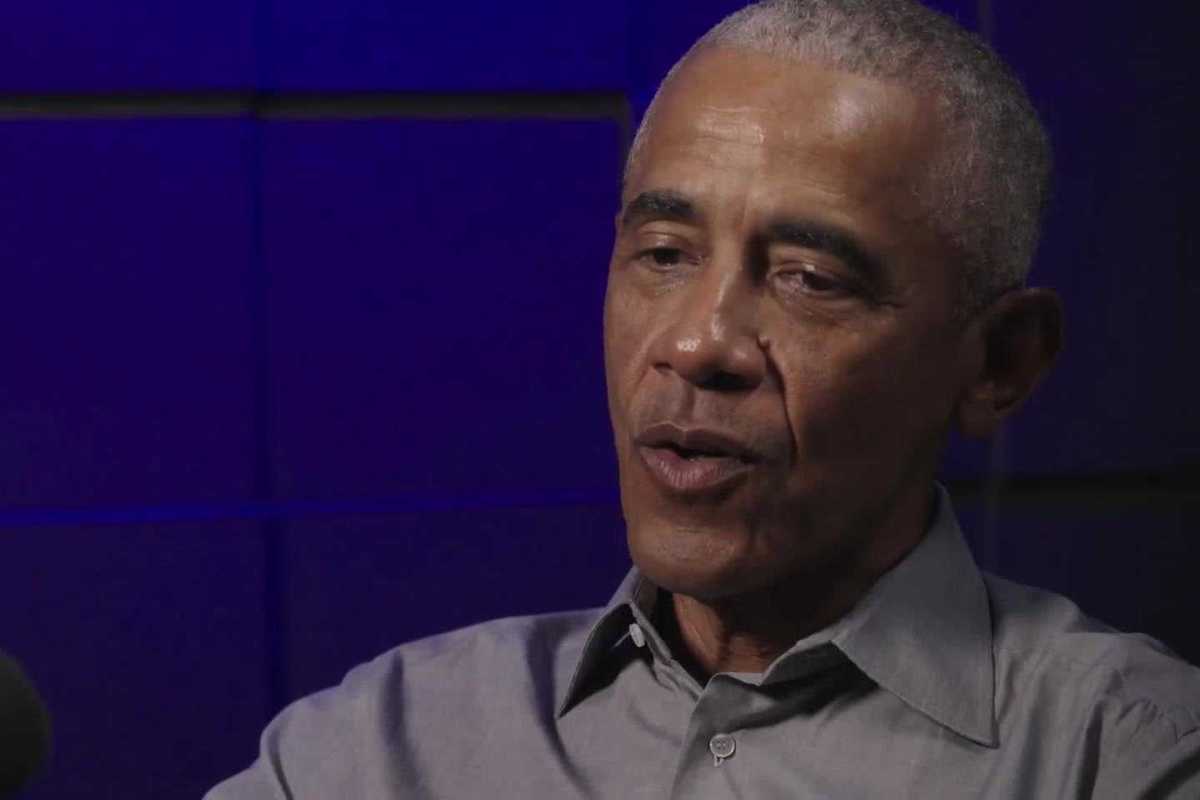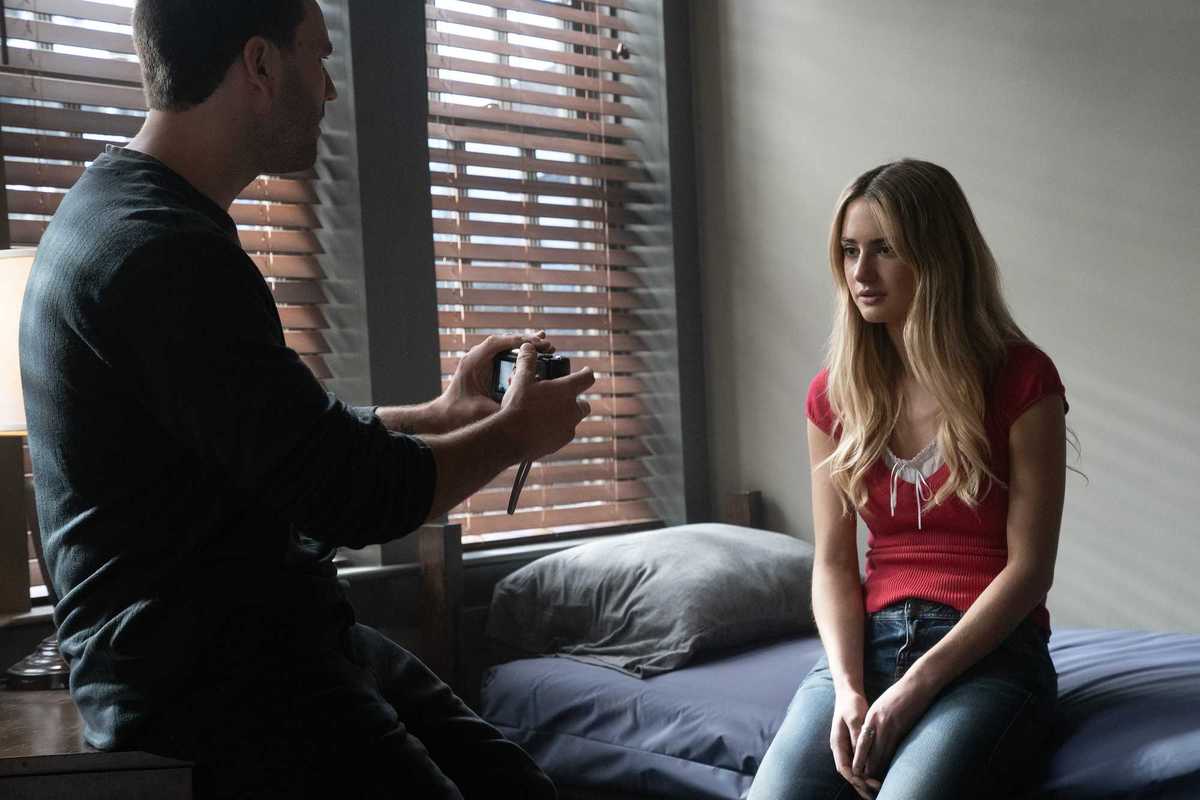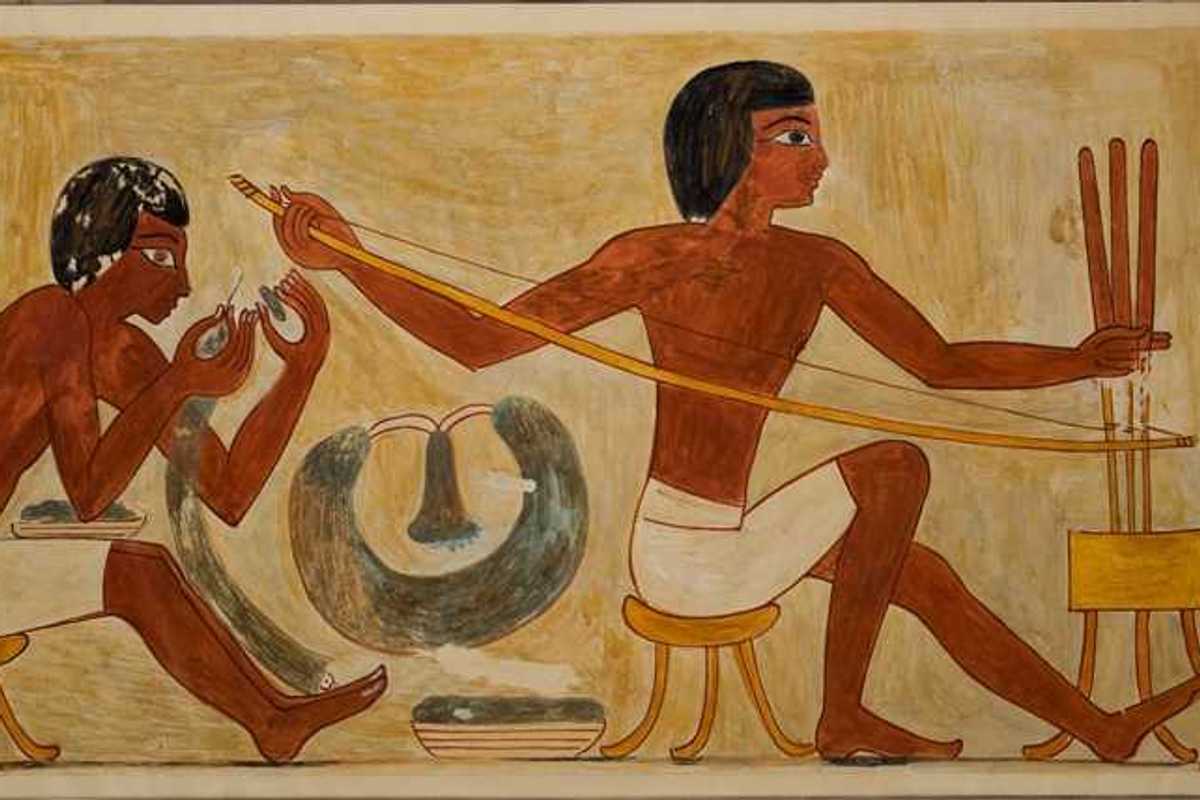Catherine Shuttleworth
May 29, 2024
New Evidence Suggests Ancient Egyptians Were Treating Cancer 4,000 Years Ago
ZMG - Amaze Lab / VideoElephant
Researchers have found evidence of ancient Egyptians experimenting with treatments for human cancer more than 4,000 years ago.
Egard Camarós, a paleopathologist at the University of Santiago de Compostela in Spain, said: "This is an extraordinary new perspective in our understanding of the history of medicine."
Camarós and his team examined two human skulls from the University of Cambridge's Duckworth Collection. The first skulls date back to between 2687 and 2345 BC and is of a man between 30-to-35-years-old. The second skull, of a woman older than 50, dates between 663 to 343 BC.
Researchers noted the male skull had a tumour and observed about 30 small round lesions scattered across the skull. Someone had cut around the lesions with a sharp object.
“When we first observed the cutmarks under the microscope, we could not believe what was in front of us,” said Tatiana Tondini, a researcher at the University of Tübingen in Germany.
The female skull, meanwhile, showed bone destruction from a cancerous tumour and two healed lesions from injuries.
The team theorised the trauma stemmed from a close-range violent incident with a sharp weapon. However, if this is true, it changes a lot of what we knew about women in the past, as most violence-related injuries are found in men.
“Was this female individual involved in any kind of warfare activities?” Tondini asked. “If so, we must rethink the role of women in the past and how they took active part in conflicts during antiquity.”
Because the remains are incomplete, it's hard to draw a conclusive answer but researchers are optimistic about what the discovery can mean for the study of cancer.
"This study contributes to a changing of perspective and sets an encouraging base for future research on the field of paleo-oncology but more studies will be needed to untangle how ancient societies dealt with cancer,” Camarós said.
Sign up to our free Indy100 weekly newsletter
How to join the indy100's free WhatsApp channel
Have your say in our news democracy. Click the upvote icon at the top of the page to help raise this article through the indy100 rankings.
Top 100
The Conversation (0)














